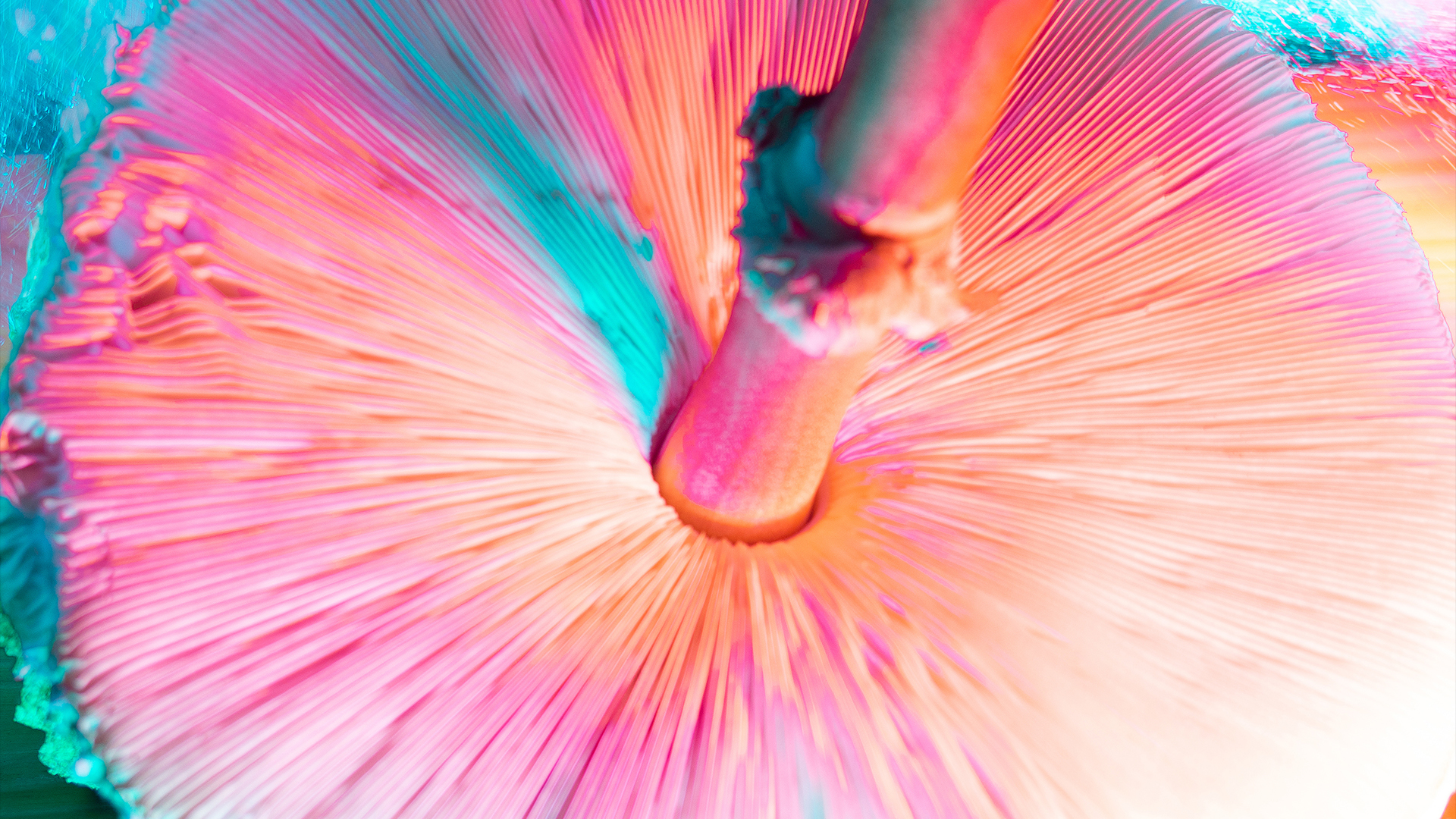
Psilocybin, the hallucinogen found in "magic mushrooms," may help relieve depressive episodes in people with bipolar disorder, without triggering mania or mood swings like some common antidepressants can.
That's according to a small clinical trial whose results were published Wednesday (Dec. 6) in the journal JAMA Psychiatry.
The trial included 15 people with bipolar II, a type of bipolar disorder marked by lengthy depressive episodes and shorter bouts of "hypomania," in which people's energy and activity levels suddenly spike. (Bipolar I, by comparison, involves episodes of both depression and mania, which is more severe than hypomania in that people may feel invincible, engage in risky behaviors and experience psychosis.)
In the new trial, participants stopped taking their prescribed mood medications for at least two weeks and were then given a single dose of synthetic psilocybin. All the participants were experiencing depressive episodes that their medications weren't adequately treating. In addition to receiving psilocybin, they underwent talk therapy before, during and after the treatment.
Related: 'Magic mushroom' compound creates a hyper-connected brain to treat depression
Three weeks post-treatment, all 15 participants' depressive symptoms had improved, as measured by a standard test. Twelve patients showed at least a 50% decrease in their scores on the test, reflecting a decrease in symptoms, and 11 met the criteria for remission from their depressive episode. Most participants who entered remission did so quickly, within a week of the psilocybin dose.
Twelve weeks out from treatment, 12 participants were in remission, and all 15 participants' scores on a test for hypomania and mania symptoms stayed consistent before and after treatment. That's a concern because common antidepressants, such as selective serotonin reuptake inhibitors, can potentially trigger manic episodes and mood instability in people with bipolar disorder.
"Individuals in this study displayed strong and persistent antidepressant effects, with no signal of worsening mood instability or increased suicidality," the study authors wrote.
The findings suggest that psilocybin should be studied in larger groups of people with bipolar II, the team concluded. But the authors also cautioned that the results cannot be extrapolated to people with bipolar I, who would face greater risks if the treatment pushed them toward mania.
The trial represents "an important step forward" in exploring psilocybin for bipolar disorder, as most recent studies of the drug have excluded people with personal or family histories of bipolar disorder, David Yaden and Dr. Sandeep Nayak, of the Johns Hopkins' Center for Psychedelic and Consciousness Research, and Dr. Natalie Gukasyan, of the Columbia University Medical Center, wrote in a commentary. According to the commentary, also published Wednesday in JAMA Psychiatry, this exclusion was done out of caution, because anecdotal reports suggested that psychedelics could trigger mania.
The commentary authors, who were not involved in the clinical trial, found the data on psilocybin's safety particularly compelling. "The favorable safety profile of this study strongly justifies a larger randomized clinical trial of psilocybin for bipolar II depression," they wrote.
The trial had limitations, though. For instance, the number of patients was small, and their symptoms were moderate, rather than severe. The trial was primarily designed to address safety and lacked a control group that received a placebo instead of psilocybin, so there's no way to determine the effectiveness of the drug compared with talk therapy alone.
"Many unknowns remain, including longer-term effects and rate of relapse," the commentary authors added. One trial participant who was in remission at the third week post-treatment later relapsed and was noted as a "nonresponder" at week 12.
So, while the trial is a strong first step, much more research is needed, the trial organizers and commentators agreed.
Ever wonder why some people build muscle more easily than others or why freckles come out in the sun? Send us your questions about how the human body works to community@livescience.com with the subject line "Health Desk Q," and you may see your question answered on the website!







